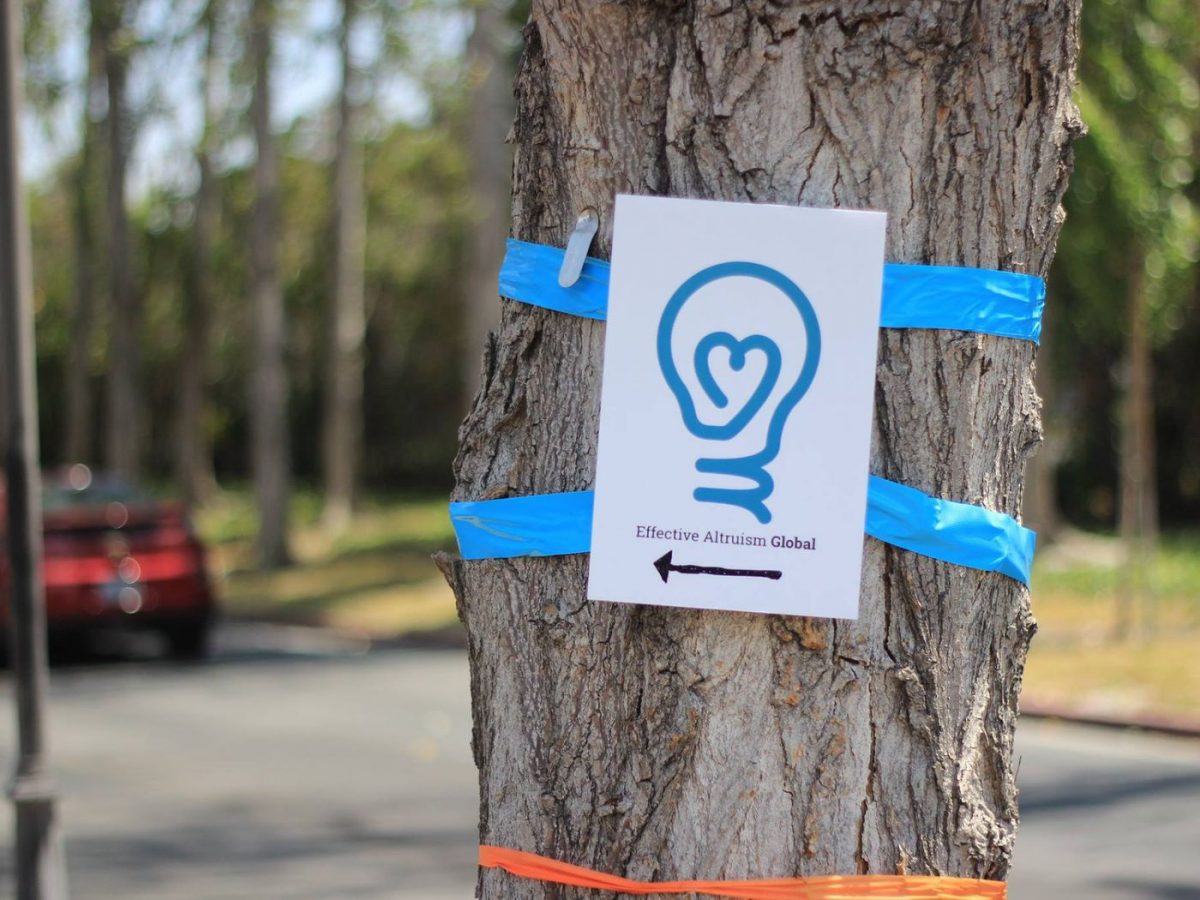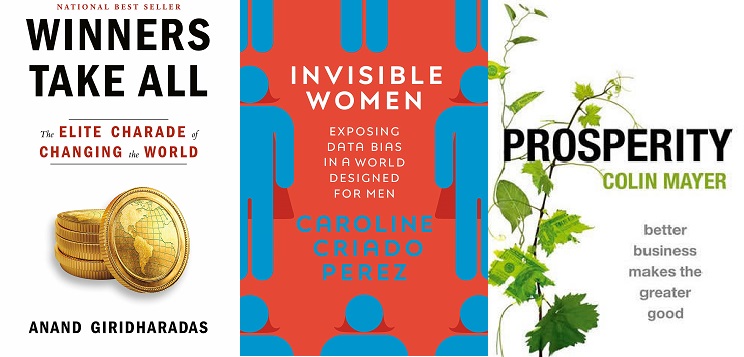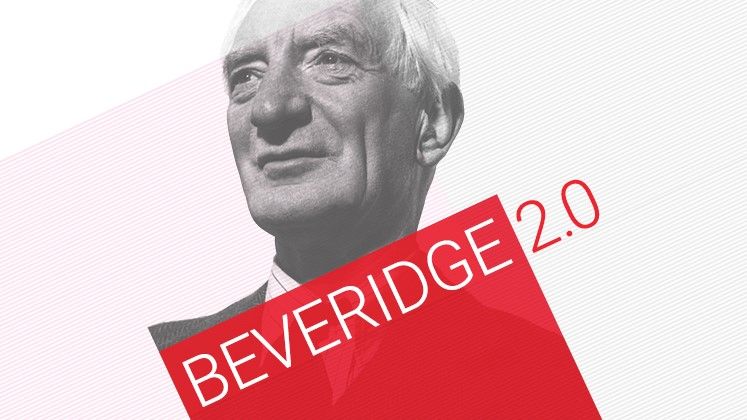Six months on from the introduction of lockdown measures in the UK, The Marshall Institute asked three philanthropists to reflect on how they have responded to the Covid-19 crisis so far. Zaki Cooper, Philanthropy Adviser spoke to Sir Lloyd Dorfman, Fran Perrin and Sonal Sachdev Patel and we recorded their conversations in three short videos.
Fran Perrin, (Founder and Director, Indigo Trust)
Sir Lloyd Dorfman CBE (Founder and Chairman, Dorfman Foundation)
Sonal Sachdev Patel (CEO of GMSP Foundation)
Some common themes emerge. The urgency of the situation means some of the reporting processes and restrictions often placed on allocating funding are swept aside.
Fran Perrin explains her realisation that: “The time is now… when a house is on fire, you don’t negotiate over whose hose you’re going to use to put out the fire. We need to work together. We need to work fast, and we can’t pretend that we don’t have a role to play.”
All the philanthropists report an increased impetus among (some) funders to cooperate. As Fran Perrin notes:
“What was a happy surprise was to see that actually foundations largely did seize the initiative, and really knew how much communities were being hit. Some had more freedom than others to change their normal ways of doing things. And, those really capitalized energy to say, ‘We can’t have business as usual.”
The crisis also shone a spotlight on areas of vulnerability for smaller charities as Sonal Sachdev Patel pointed out:
“One of the things that I think that this pandemic has revealed really clearly is how little or non-existent charity reserves are. That’s why they struggled to survive. Sometimes they’re actually penalized by philanthropists for this.”
For Sir Lloyd Dorfman, serendipity played a big part in his decision to support the St Paul’s Cathedral remembrance project for casualties of Covid-19 (‘Remember Me’). Following an off-the-cuff comment from one of the team at the Cathedral, he found that the concept of an online memorial really resonated with him, and also chimed with some of his previous philanthropic in the culture and heritage sector.
He explains: “Here was something that was very focused, relevant, constructive, where I felt we as a family could make a real difference. And hopefully to give some sort of solace and peace and importance to tens of thousands of families around the country who obviously are grieving in a perhaps rather unfulfilled way.”
While it is still too early to look back at a crisis that is still very much underway, these interviews suggest there may be some lessons learned that could change the way philanthropists operate for good. Sonal Sachdev Patel asks:
“Why was that we were able to give money out so quickly now on and historically we haven’t been? Why are we slow? Is it for our benefit? Is it because we think that we will have greater impact? … When we ask for short term impact reports and metrics, is it because that’s going to contribute to greater change or is it because that gives us comfort in the way that we do our philanthropy?”





